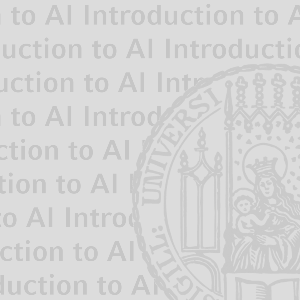Quick Info: Bachelor | Lecture | English | Winter Semester | 6 ECTS
Description
Prior to the start of the Information Age in the late 20th century, companies were forced to collect data from non-automated sources manually. Companies back then lacked the computing capabilities necessary for data to be analysed, and as a result, decisions pri-marily originated not from knowledge but from intuition.
By the end of the course, students will be able to plan, implement and evaluate analytics in applied settings to generate value from data for society, corporations, and individuals. This serves the pressing need of firms to improve their efficiency – such as customer satisfaction, competitive advantage – by leveraging the growing amounts of structured and unstructured data.
To achieve this overall goal, students should after participation being able to:
Objective 1 (Managerial aspects): Understand the processes and challenges of analytics-related projects
- Identify applications for analytics in corporations and organizations that create value
- List implications for management when undertaking a project involving business analytics
- Apply the data mining process CRISP-DM to their actual setting
Objective 2 (Methodological challenges): Understand common methods for performing business analytics
- Translate use cases of business analytics into a mathematical model formulation
- Name common methods for business analytics, as well as their underlying concepts
- Compare the properties of these models
Objective 3 (Practical implementation): Performing actual evaluations of business analytics based on real-word datasets
- Pre-process data to transform it into relational structures
- Apply statistical software (e.g., R or Python) to perform business analytics in practice
- Evaluate the results to choose the best-performing method
Outline
Final dates and times will be shared via Moodle.
Unit 1: Introduction
- Organizational details
- Applications of business analytics
Unit 2: Predictive modeling
- Definition of machine learning
- Taxonomy of predictive modeling
- Performance assessments
Unit 3: Linear modeling
- Linear model (ordinary least squares)
- Regularization (lasso, ridge regression, elastic net)
Unit 4: Non-linear modeling
- Decision trees
- Random forest
- Boosting
- Neural networks
Unit 5: Model tuning
- Train/test split
- Cross-validation
Unit 6: Bringing machine learning to practice
- Management challenges
- Pitfalls in practice
Beyond the scope of the course: resampling, unsupervised learning (clustering), dimen-sionality reduction (principal component analysis), classifiers (support vector machine, AdaBoost, etc.)

